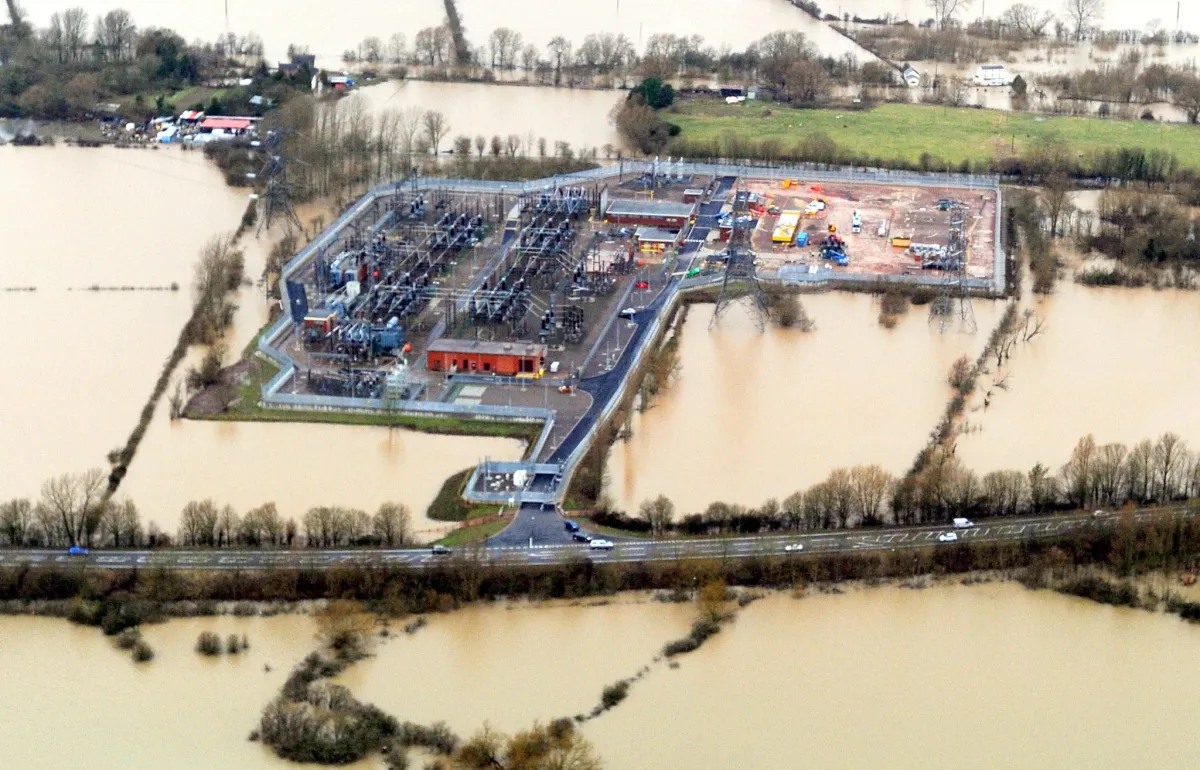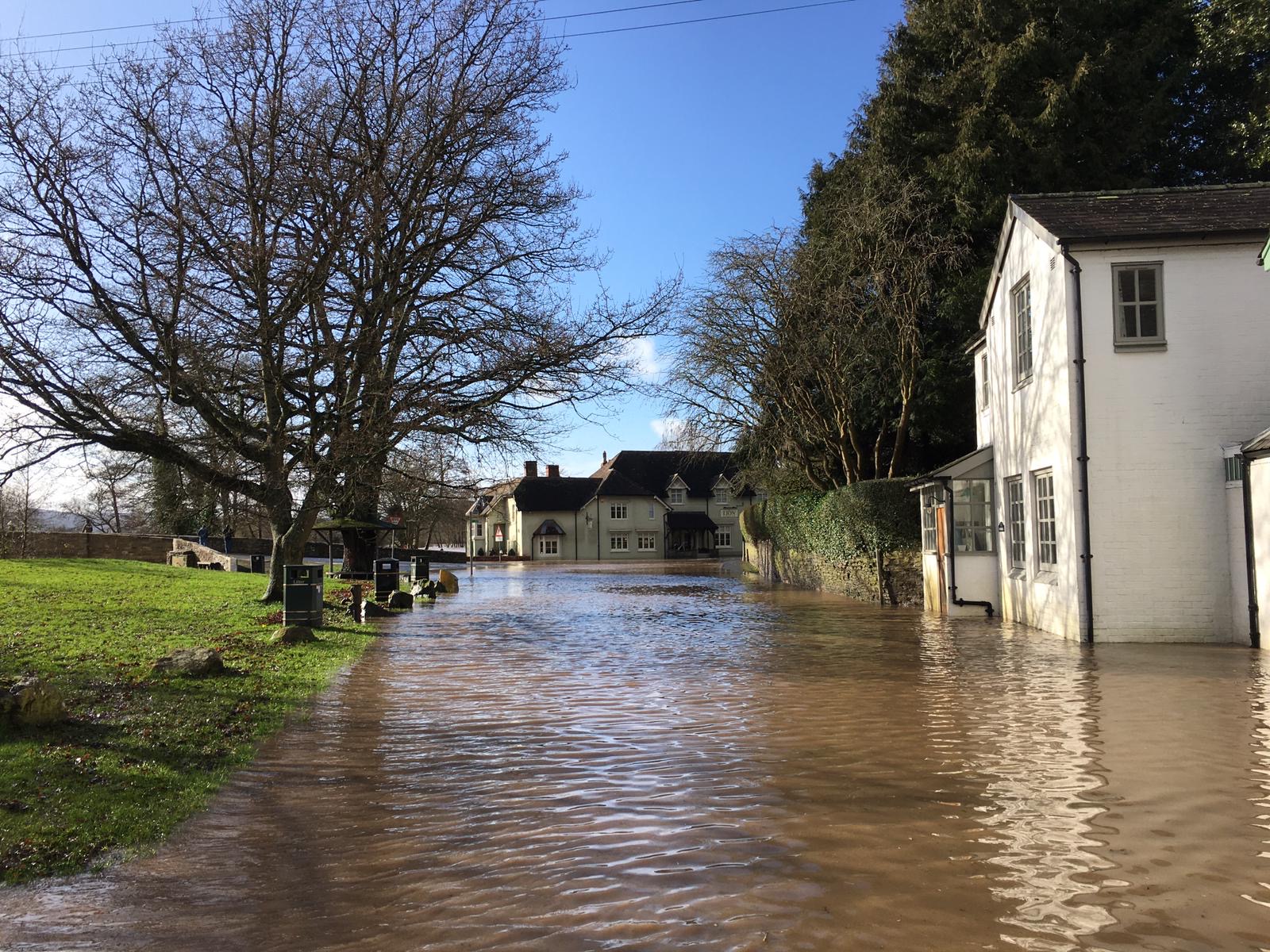The UK faces an escalating climate emergency that threatens to devastate its economy, infrastructure, and communities, yet the Labour government’s response has been woefully inadequate, according to a damning new assessment from the nation’s climate watchdog.
The Climate Change Committee’s latest biennial report reveals that Britain remains dangerously unprepared for the extreme weather events already battering the country, with flooding, heatwaves, and droughts intensifying at an alarming pace.
Despite clear evidence of mounting climate risks and Labour’s promises to prioritize climate resilience, the government has failed to implement meaningful adaptation measures, leaving millions of properties vulnerable and critical infrastructure exposed.
The stark warning comes as Treasury officials consider cutting flood defense spending in upcoming budget reviews, a move that experts warn could transform today’s climate challenges into tomorrow’s catastrophic disasters.
Government Inaction Leaves Britain Vulnerable
The Climate Change Committee’s scathing assessment found that Labour has made virtually no progress on climate adaptation since taking power, with the vast majority of preparedness measures receiving the same inadequate scores as in 2023.
Lady Brown, chair of the CCC’s adaptation subgroup, delivered a stark warning about the government’s failure to act: “We are seeing no change in activity from the new government, even though it’s clear to the public that the current approach just isn’t working.”
The committee’s evaluation of 46 climate adaptation outcomes found not a single area where the government achieved a “good” rating for delivery and implementation. This represents a fundamental failure to translate climate adaptation plans into effective action, despite mounting evidence of climate impacts across the UK.
Flooding Crisis Threatens Millions of Properties
Britain’s flood risk represents one of the most immediate and severe climate threats facing the nation. Currently, 6.3 million properties in England are at risk of flooding from rivers, seas, and surface water – a figure projected to surge to 8 million properties, or one in four homes, by 2050.
The economic implications are staggering, with more than half of England’s highest-quality agricultural land already vulnerable to flooding.
The government recently announced an £8 billion investment in flood defenses over the next decade, yet concerns persist about the adequacy of this funding. Environment Minister Steve Reed acknowledged inheriting “crumbling flood defences in their worst condition on record,” but critics argue that without sustained commitment, these investments may prove insufficient.
Economic Devastation Looms Without Action

The financial consequences of climate inaction are projected to be catastrophic for the UK economy. Research indicates that unchecked climate change could reduce UK economic output by up to 7% of GDP by 2050, compared to the relatively modest 0.2% annual cost of achieving net-zero emissions.
Current climate damage costs already amount to approximately £3,000 per household annually, with projections suggesting £38,000 per household over the next decade.
The period from October 2022 to March 2024 marked the wettest 18 months on record for England, resulting in the second-worst arable harvest since modern records began.
Such extreme weather events are becoming increasingly common, with scientists warning that climate breakdown is making heatwaves, heavy rainfall, and wildfire conditions more frequent and severe.
Health and Infrastructure Under Siege
Climate change is already exacting a deadly toll on public health and critical infrastructure. The record-breaking heatwave of 2022 resulted in approximately 3,000 heat-related deaths in England, with projections suggesting this figure could exceed 10,000 annually by mid-century. Healthcare systems are struggling to cope, with one in five doctors reporting cancelled surgeries and operations during extreme heat events.
Transportation networks face particular vulnerability, with over one-third of railway and road kilometers currently at flood risk – a proportion expected to rise to approximately half by 2050. Extreme heat also disrupts infrastructure through rail buckling and power line sagging, creating cascading effects across the economy.
Urgent Action Required to Prevent Disaster
The Climate Change Committee emphasized that adaptation is not a future concern but an immediate necessity. Lady Brown warned that without urgent action, the UK risks experiencing disasters similar to the Valencia floods that killed 220 people or the devastating 2021 floods in Germany and Belgium. “This is not tomorrow’s problem. It’s today’s problem. And if we don’t do something about it, it will become tomorrow’s disaster,” she stated.
The committee expressed particular concern about potential cuts to adaptation funding in upcoming spending reviews, warning that such reductions would lead to significantly higher future costs as climate impacts intensify. With the UK already experiencing unprecedented climate impacts and facing escalating risks, the window for effective adaptation is rapidly closing.

